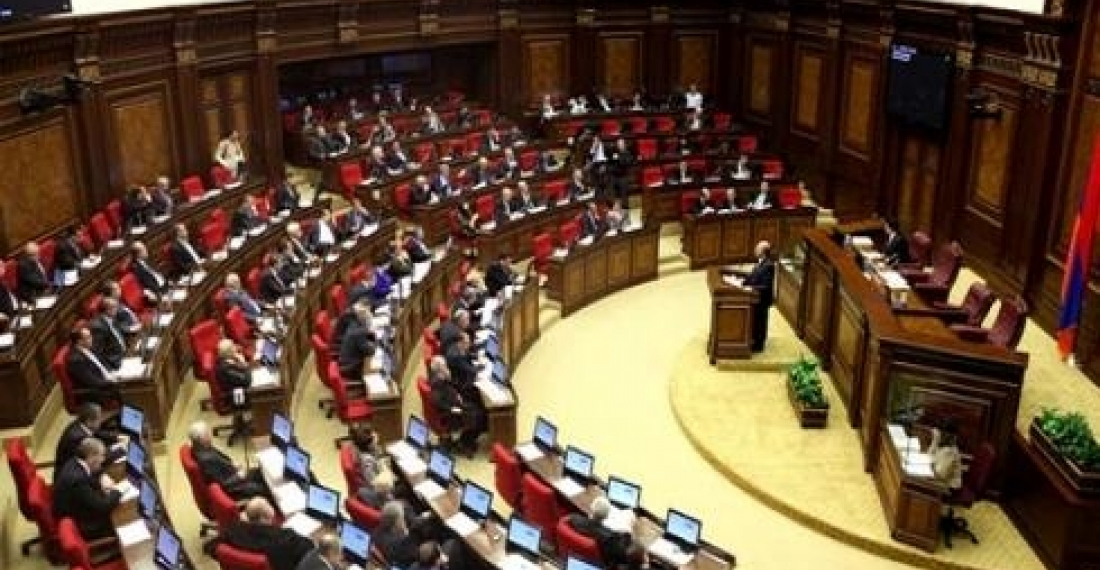The Armenian Parliament will meet this week in an emeregency session to consider any further action that Armenia may take following the release of Ramil Safarov, the Azerbaijani officer who was convicted for the murder in 2004 of an Armenian counterpart whilst both were attending a language course organised by NATO in Budapest. Safarov was transferred to Azerbaijani jurisdiction on Friday, where, according to the Hungarian government, he was to continue serving his life sentence. However the President of Azerbaijan pardoned Safarov on his arrival in Baku.
In a further twist of events, Safarov on Saturday was received by the Minister of Defence of Azerbaijan who promoted Safarov to the rank of Major and gifted him an apartment.
Armenia on Friday broke off diplomatic relations with Hungary. An angry President Serzh Sargsyan told foreign diplomats in Yerevan that his country will never forget nor forgive this act. Sargsyan later met his national security team to consider the situation. It is understood that Armenian forces have been put on high alert.
There have been expressions of surprise in a number of international quarters at the turn of events. President Obama has asked for clarifications from Hungary on its decision to release Safarov. There has as yet been no official reaction from the European Union.
The Secretary General of NATO is expected in the region in the next days on a previously announced visit. It is not yet clear if the visit will go ahead, since it will certainly be overshadowed by the present developments.
There have been sharp words uttered by the media in both Armenia and Azerbaijan in the last days and a poisoned atmosphere has hung over the region. On Friday hackers hacked into the website of the President of Azerbaijan and some other Azerbaijani websites. There have also been reports of cease fire violations on the line of contact separating Armenian and Azerbaijani forces around the Nagorno-Karabakh conflict zone.
source: commonspace.eu







